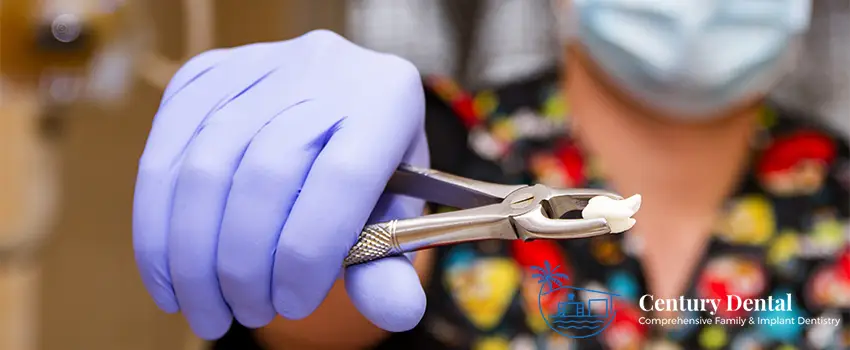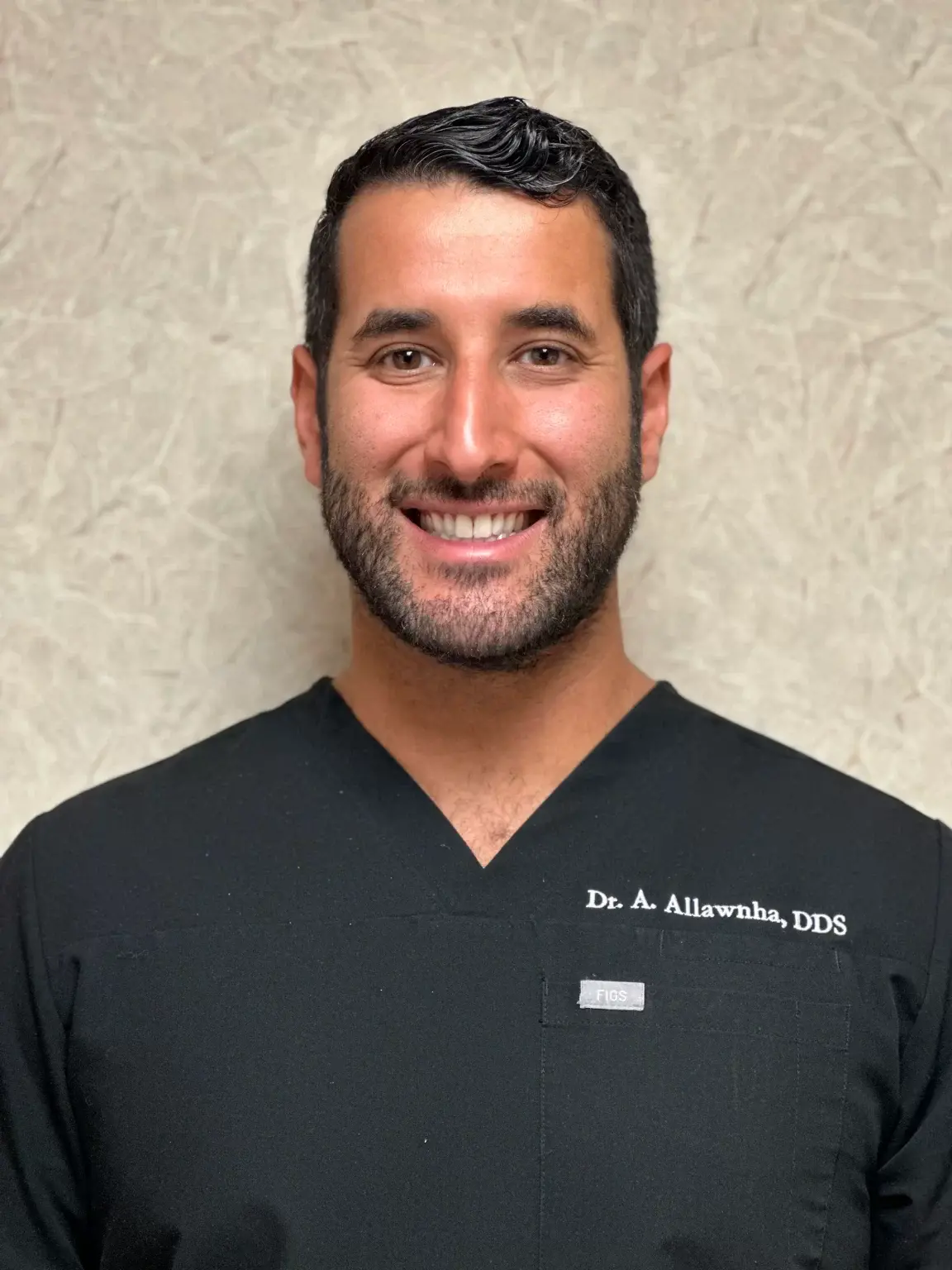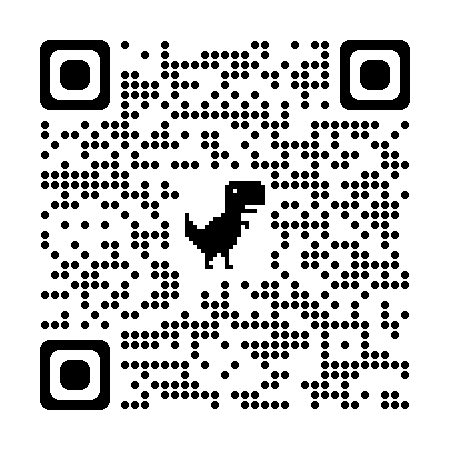Before getting your tooth extracted, you may have checked the internet about it. However, there are a lot of things that will come up, and that can be confusing. Don’t fret! We’ve gathered all the basics that you need to know!
Tooth Extraction Defined
Tooth extraction is the act of removing a tooth. Reasons for tooth extraction may vary. These include the following:
- You have a decayed or infected tooth.
- Your child’s milk teeth aren’t falling out in time for their permanent teeth.
- Your mouth doesn’t have enough room for orthodontic braces.
- Your wisdom teeth are protruding from your gums.
Types of Tooth Extraction
Simple Tooth Extraction
Simple tooth extraction is a procedure that your dentist will do if your teeth are visible and can easily be accessed. If you have any decayed or damaged teeth, simple tooth extraction can do the work. This one is typically done by a general dentist. The dentist will also administer local anesthesia to make sure that you won’t feel any pain.
Surgical Tooth Extraction
Surgical tooth extraction is typically done by an oral surgeon. A dentist may require a panoramic x-ray to assess the situation clearly. Impacted wisdom teeth can be painful, especially if they starting to erupt from your gums. In some cases, the oral surgeon may opt to break the tooth into smaller pieces for easy removal.
Dos and Don’ts After Tooth Extraction
After tooth extraction, your dentist will give you a set of instructions to follow. This is important for your gums to heal properly. Not knowing what to do after a tooth extraction is sometimes the reason people opt not to do it. Here’s a list of tooth extraction healing tips that you need to know.
1. DO take the medications.
After your tooth extraction, your dentist will prescribe medications that will help manage the pain and heal the extraction site faster. There are also over-the-counter pain medications available. Make sure that you don’t skip any medications to ensure they will be effective.
2. DON’T smoke.
If you do smoke, it is best to avoid it for at least 48 hours or until your dentist says you can. There are chemicals found in cigarettes that can affect the healing process. There is also a high possibility that you will develop a dry socket, a medical complication that happens when a blood clot fails to develop in the tooth’s extraction site.
3. DO take a rest.
When you undergo a simple or surgical tooth extraction, your dentist will tell you to get lots of rest. You should avoid doing strenuous physical activities that can stress out the extraction site. You should lie down in an upright position to ensure a faster healing time. Also, the anesthetic may make you feel out of sorts for a little while.
4. DON’T poke the extraction site.
No matter how much you want to touch or feel the extraction site, you should not do it. Let the clot form in the extraction site for it to heal properly. You should also change gauze pads as frequently as possible. This is a great tooth extraction healing tip because it will allow your gums to heal faster.
5. DO consider using ice packs.
Your jaw may feel swollen after the surgery and an ice pack can help make you feel better. You can apply an ice pack to reduce the swelling. This is best done within 24 hours of the surgery.
6. DON’T eat hard foods.
Over the period of your recovery, try to avoid foods that are hard to chew. This can stress and cause irritation to your extraction site. Your dentist will advise you to opt for softer foods like soup, scrambled eggs, mashed potatoes, and others. Note that it is best to consume it at room temperature. Anything too hot or too cold is not good for your teeth.
Getting your tooth extracted isn’t something that you should fear. A dentist can discuss all the risks and the necessary tooth extraction aftercare that you should follow to avoid them.
If you think that you need a tooth extracted, Century Dental can help! Our team of dentists in Treasure Island, FL is more than willing to assist you throughout the process. Contact us, now. We can guarantee that you’ll have a hassle-free appointment with us!





